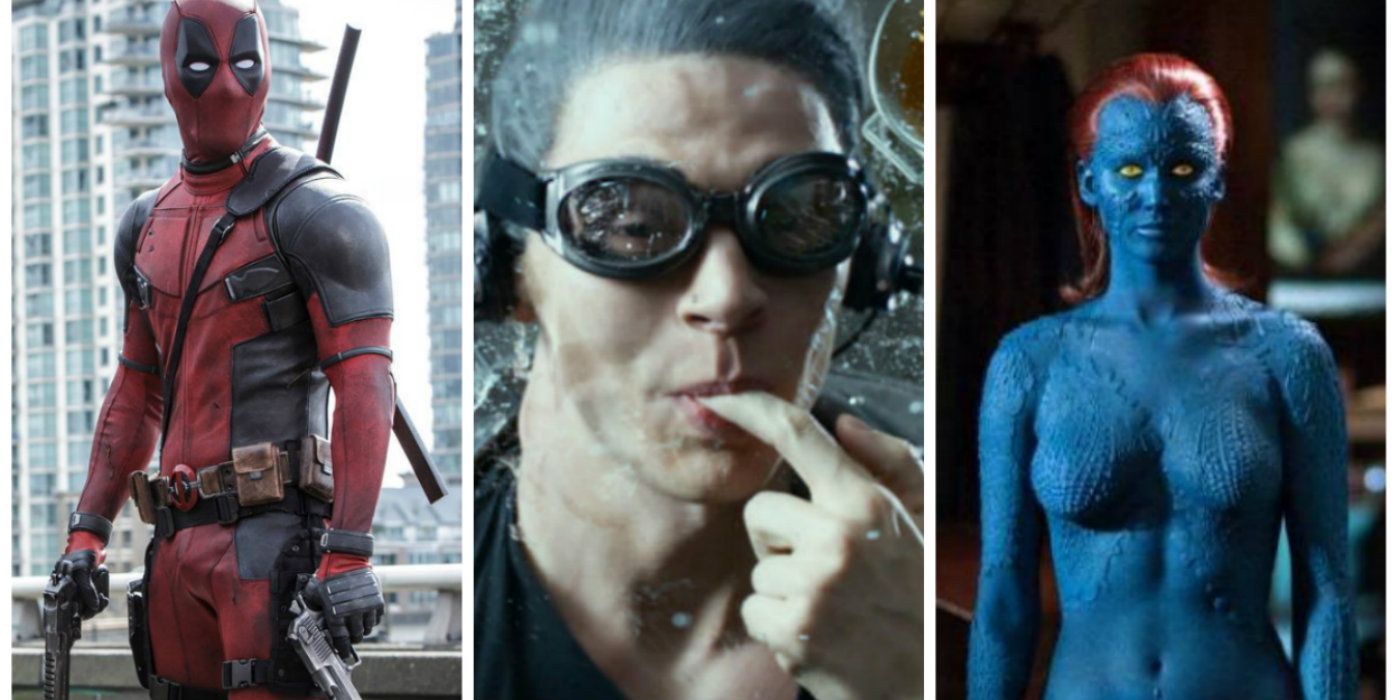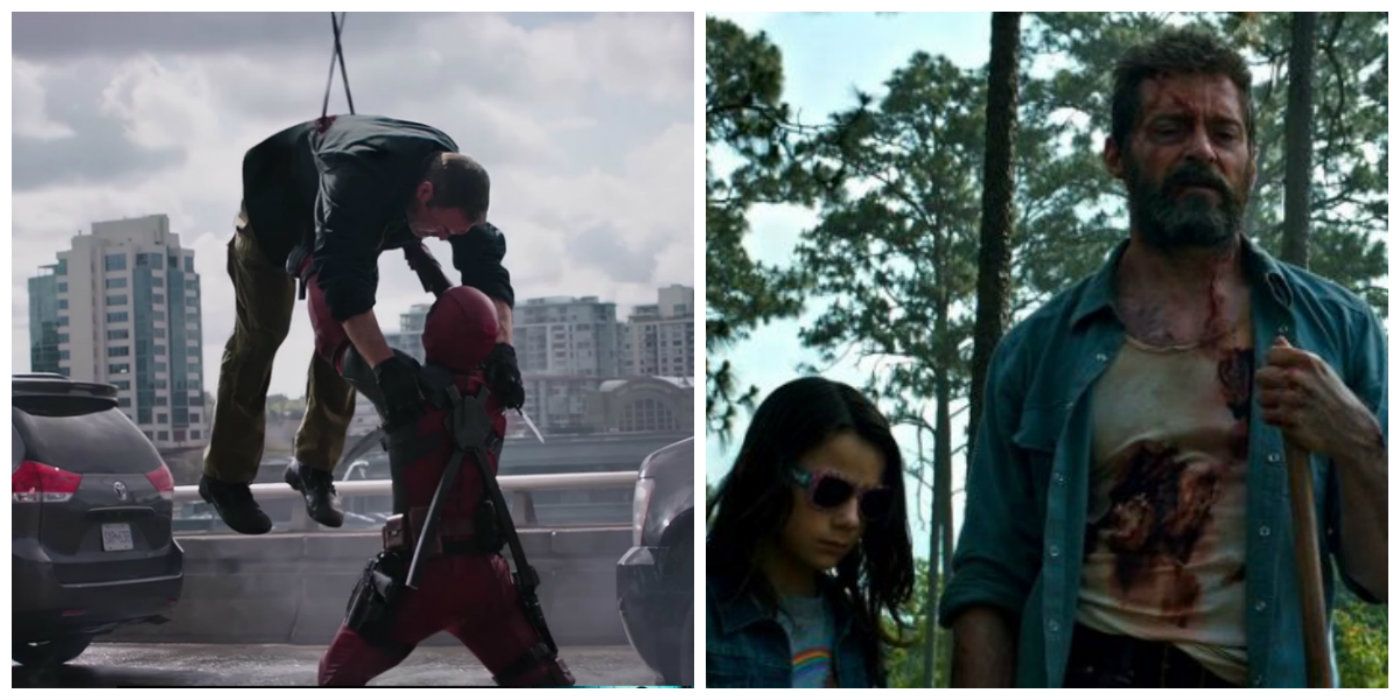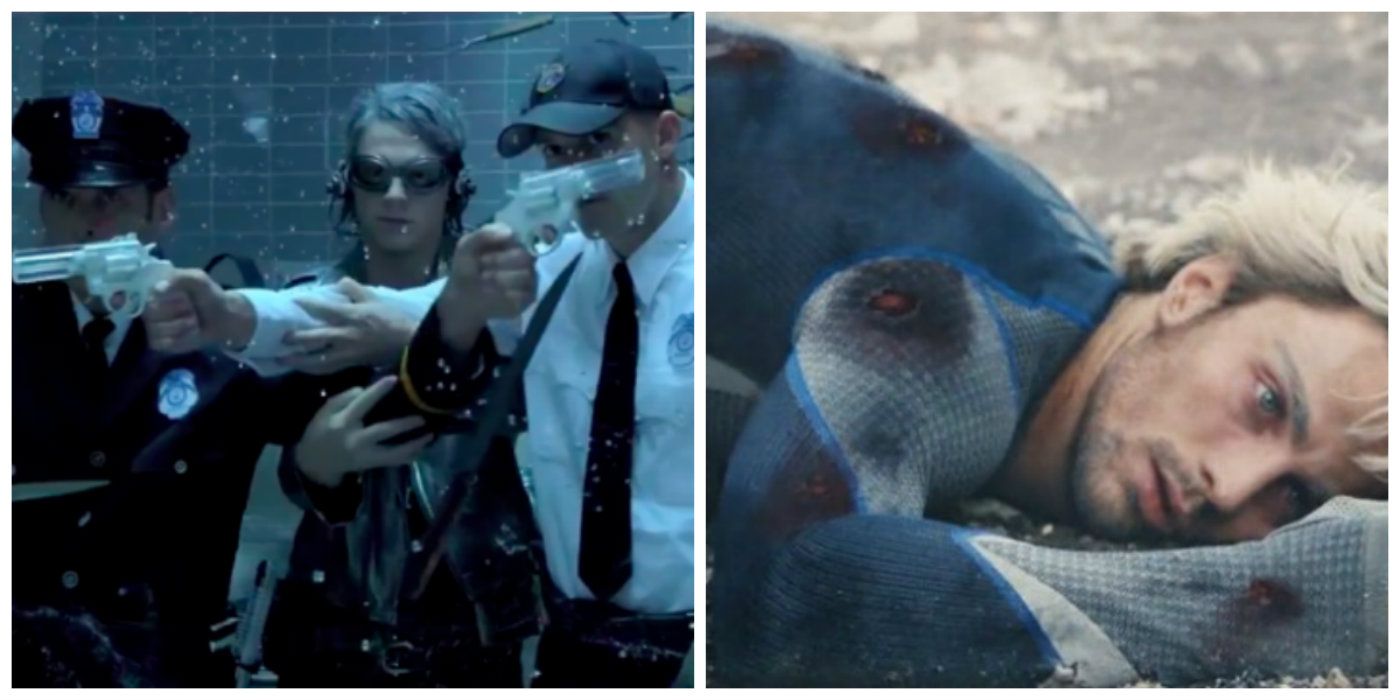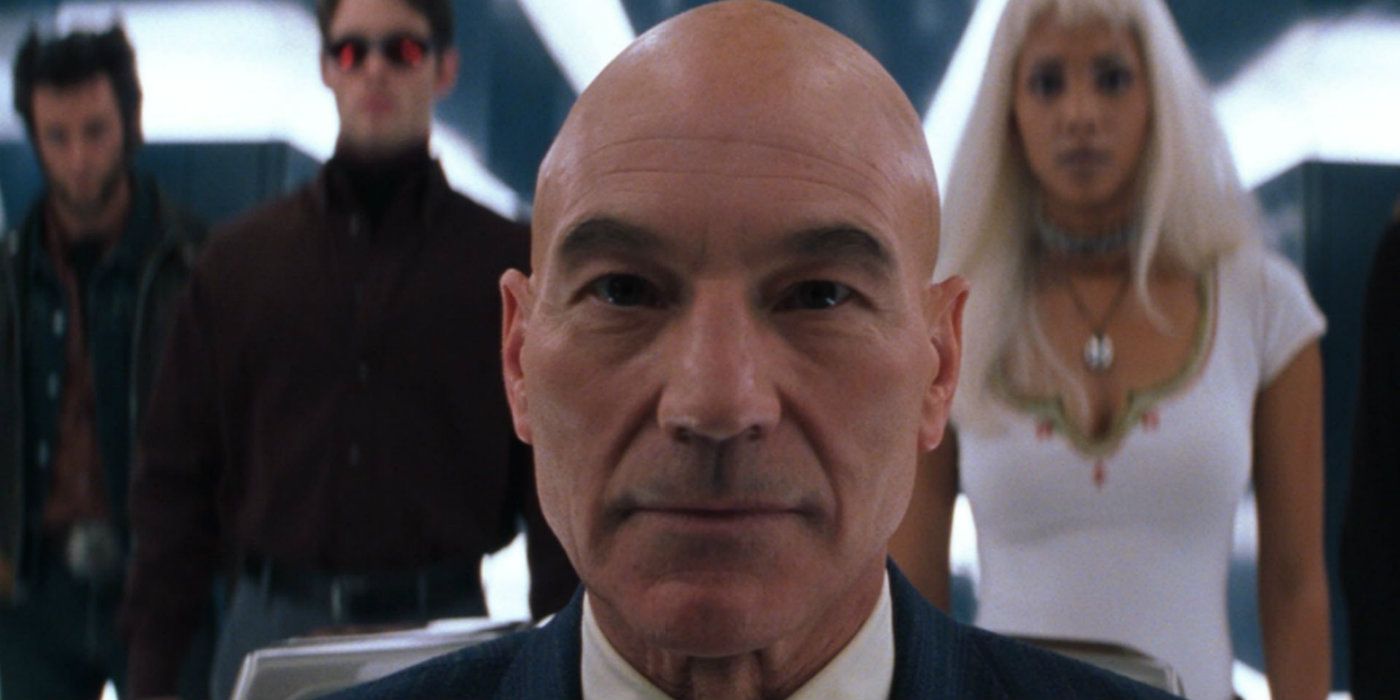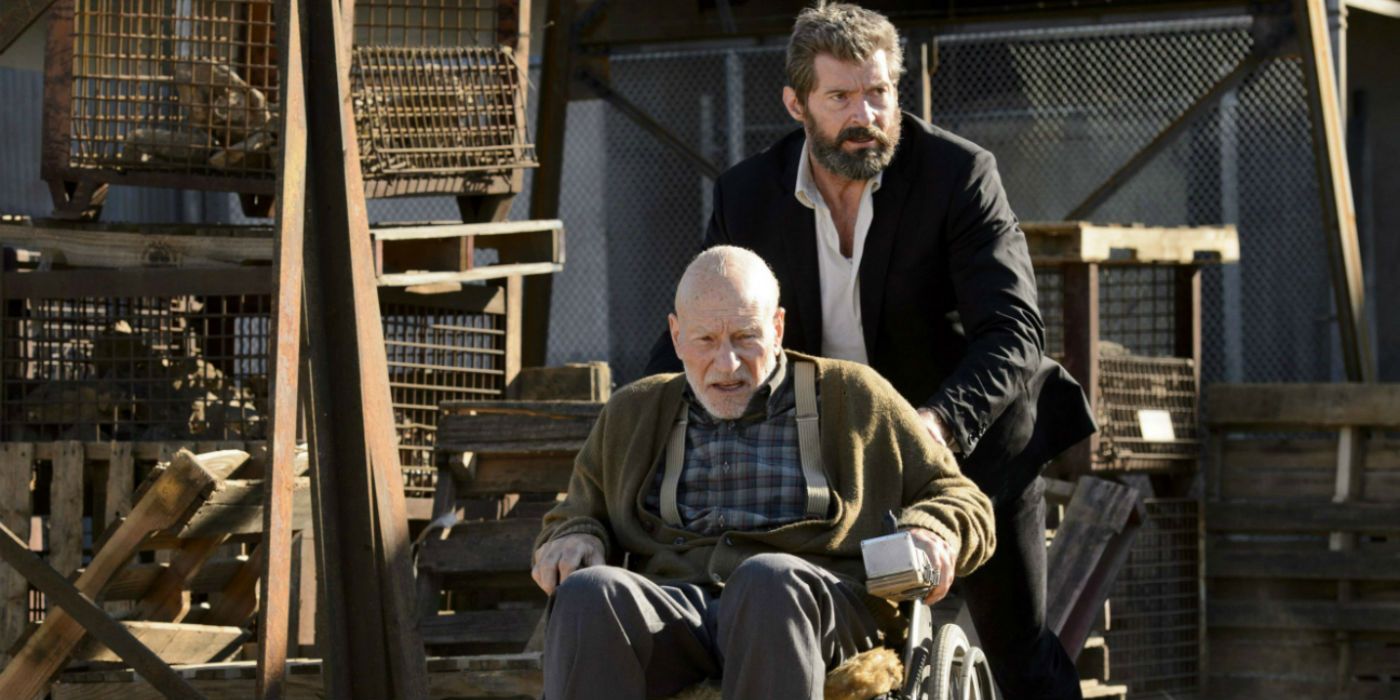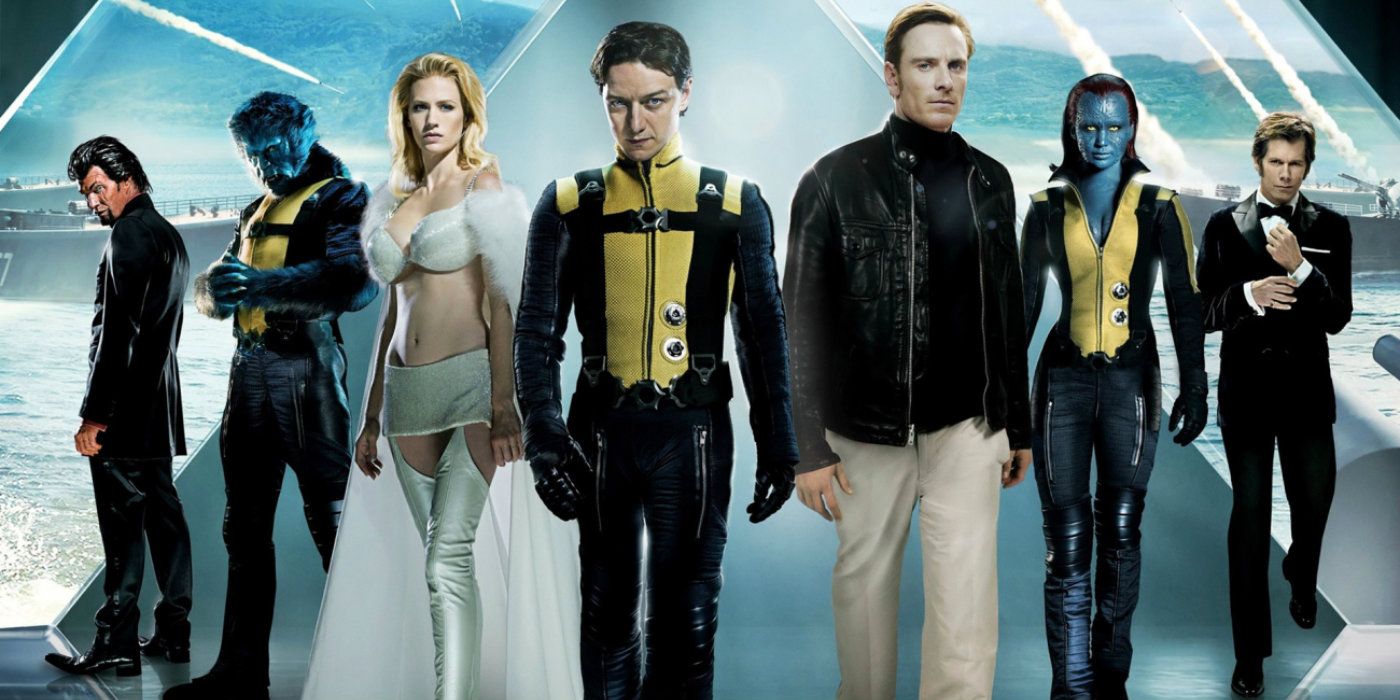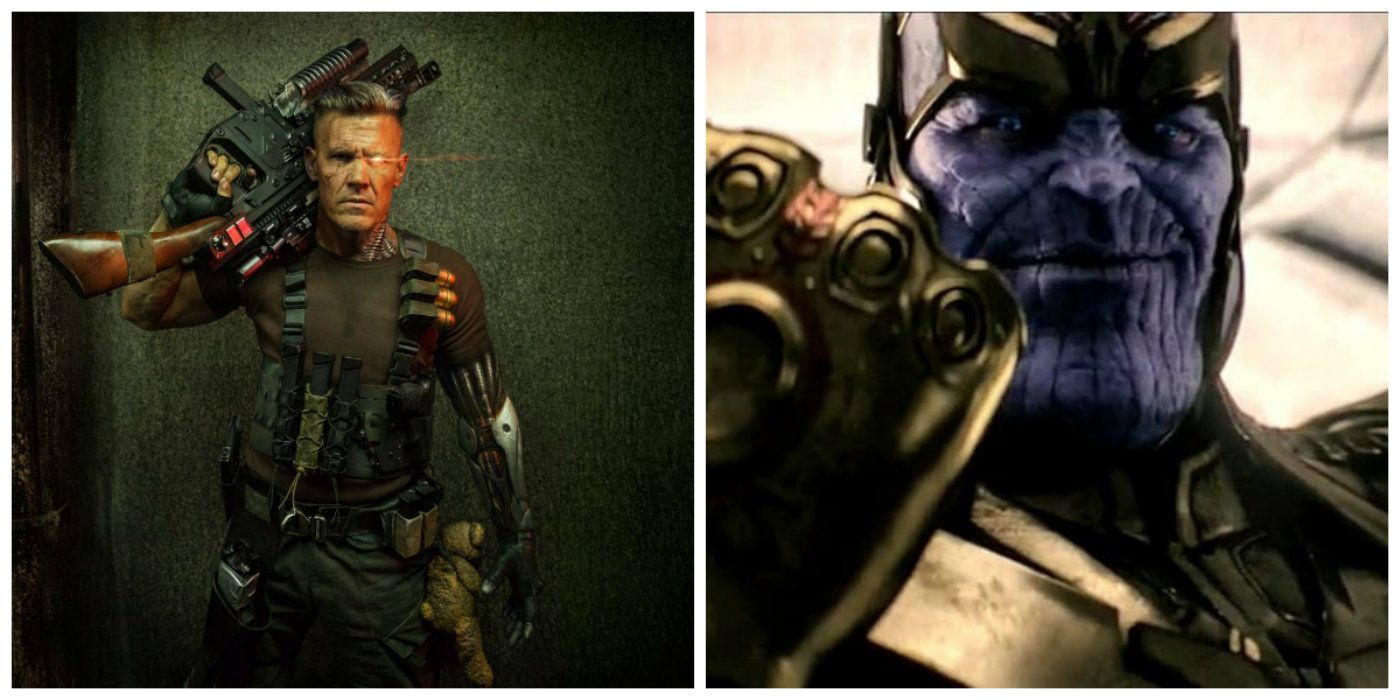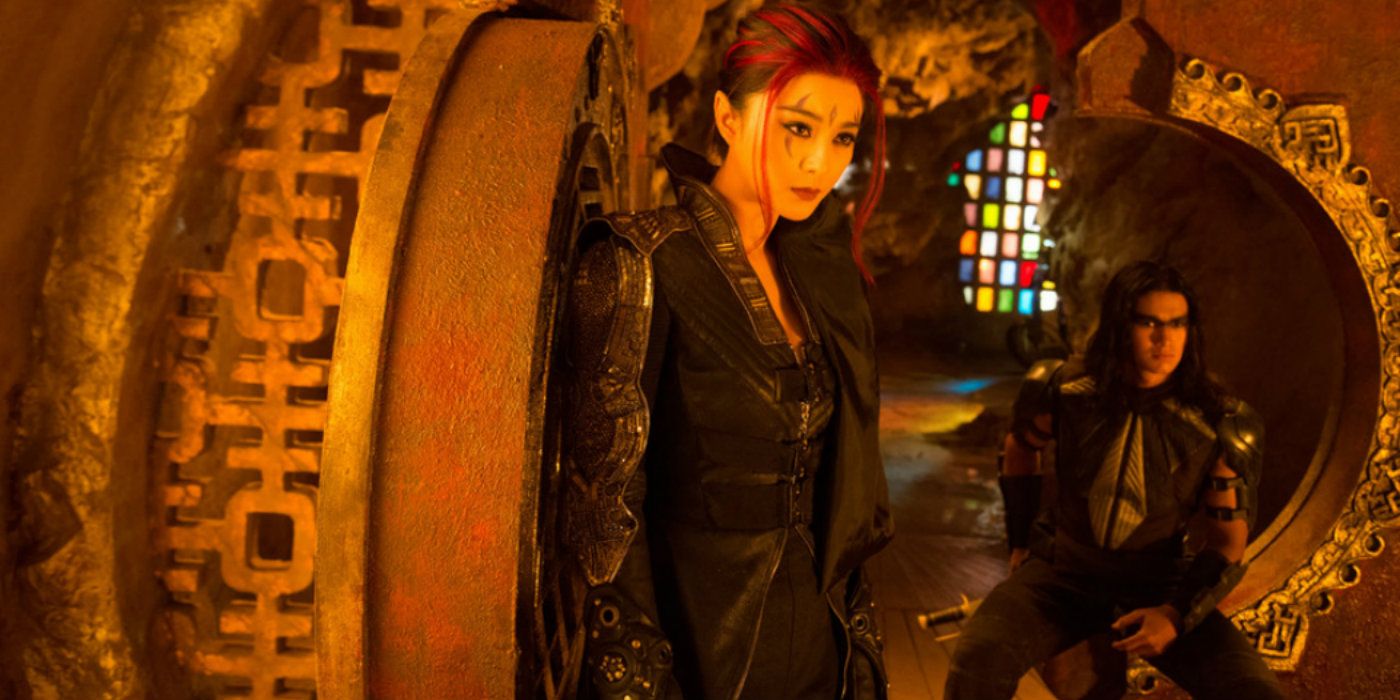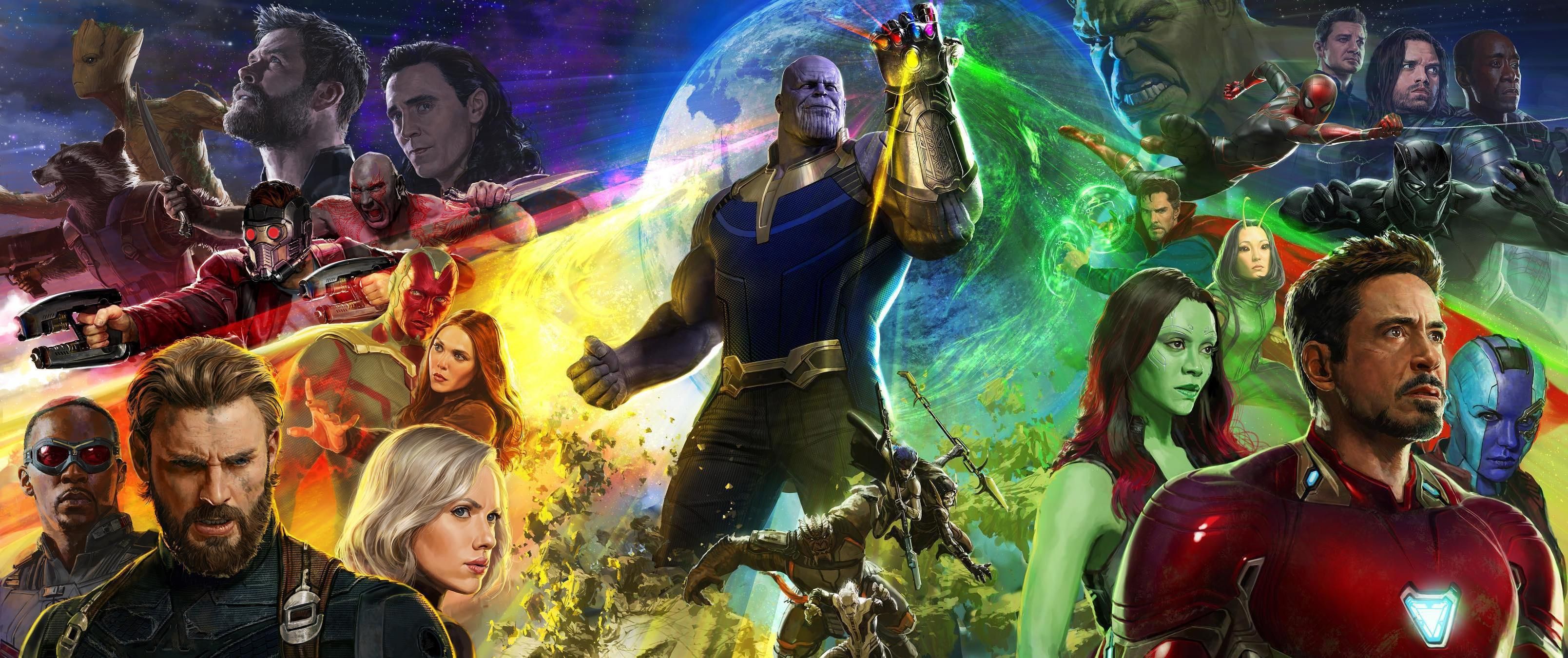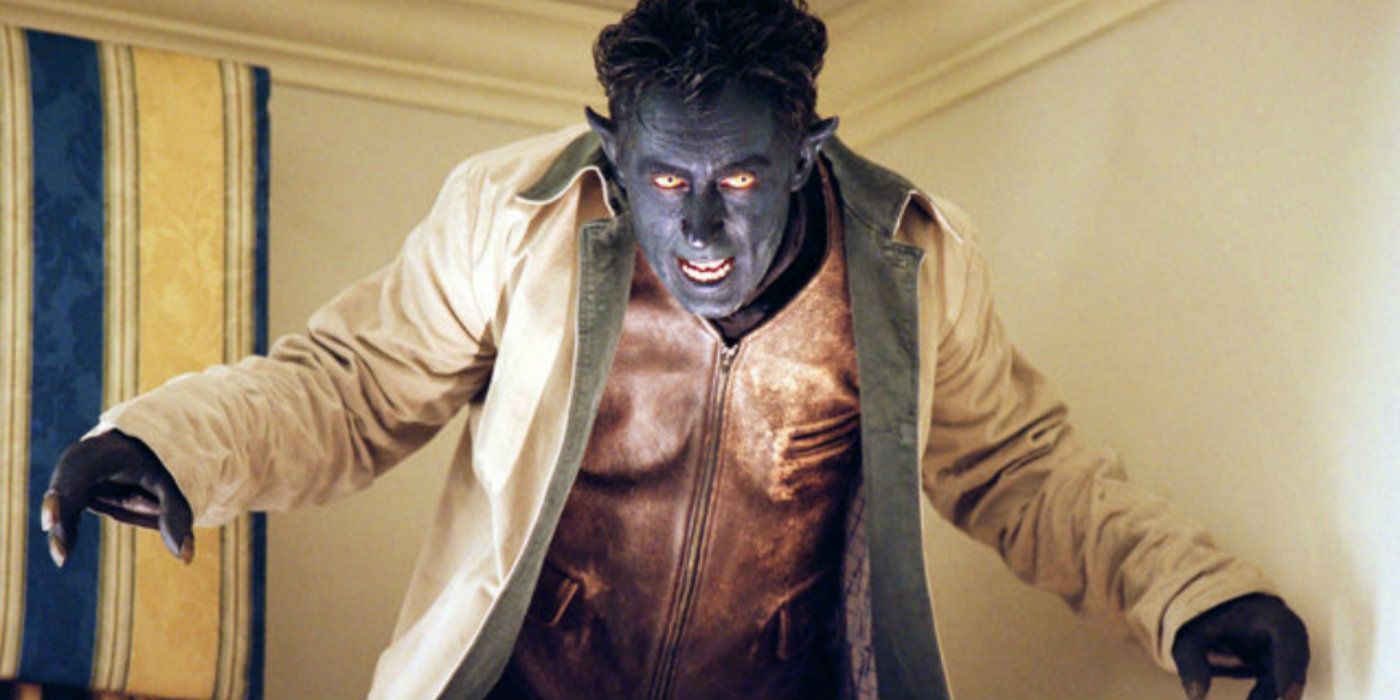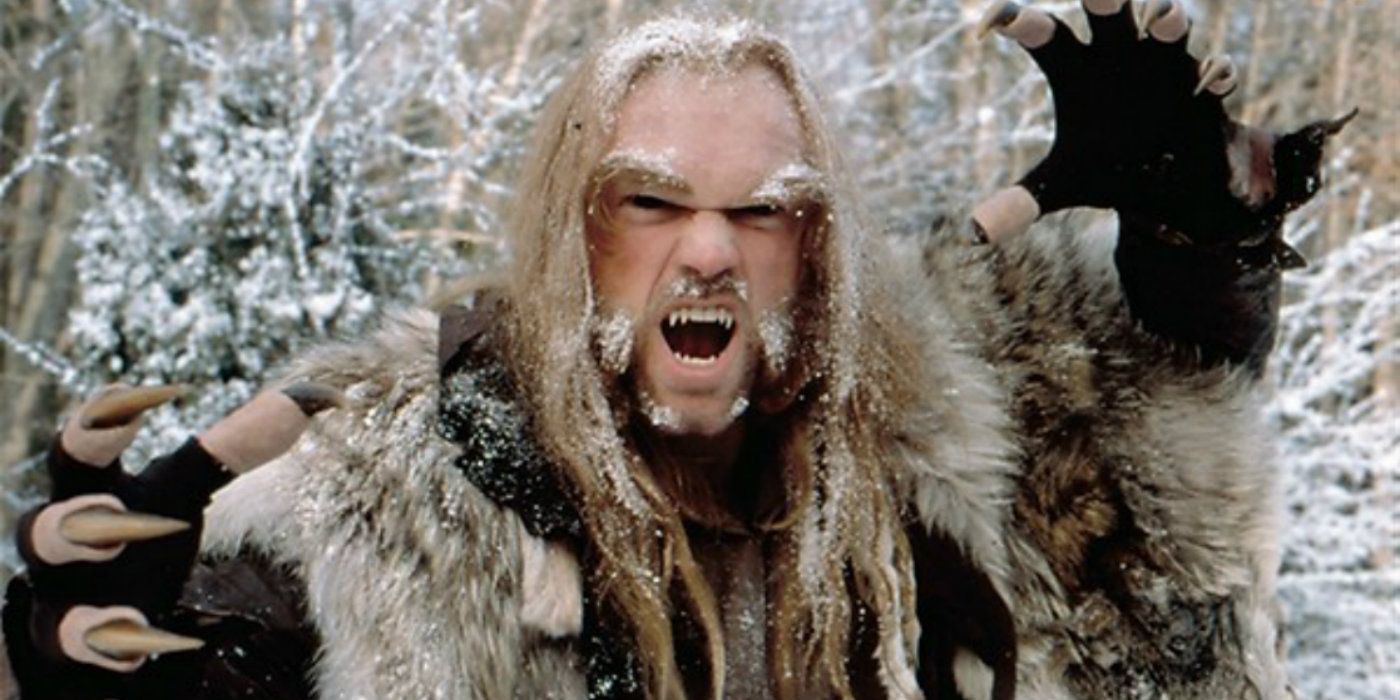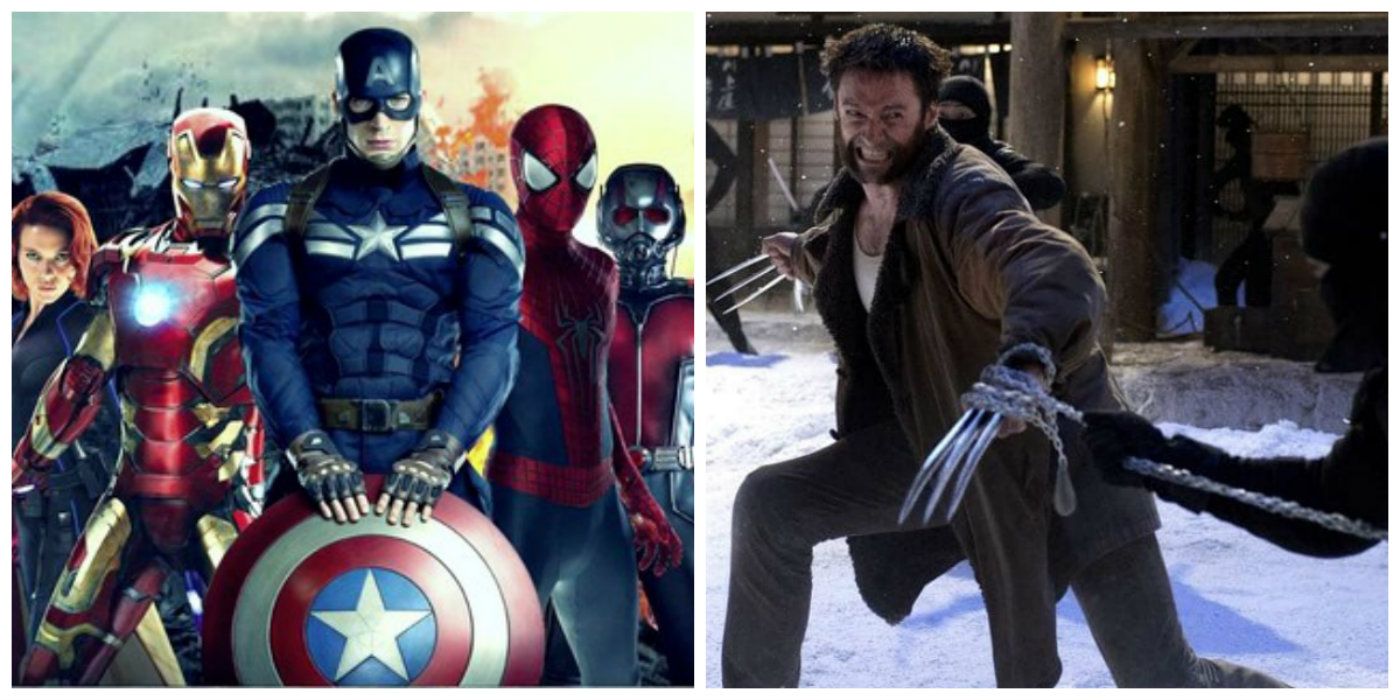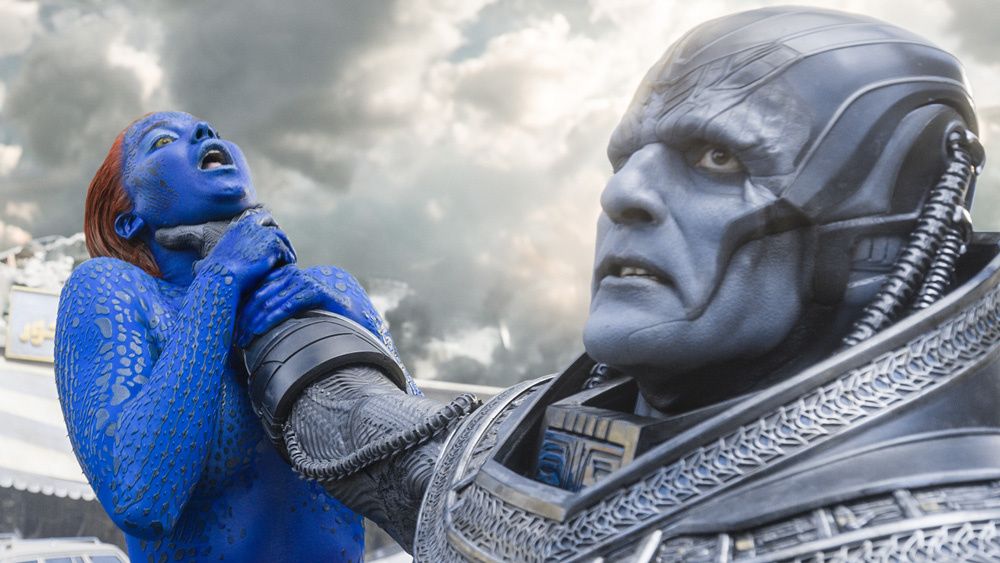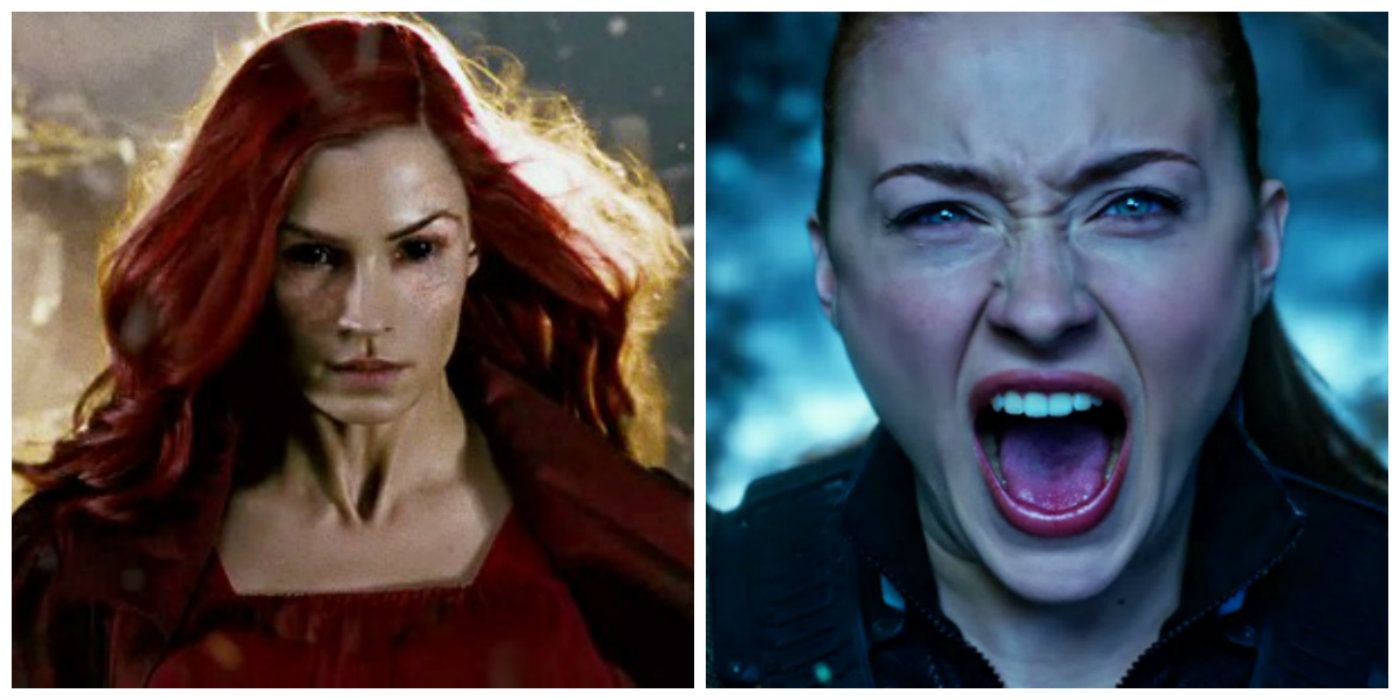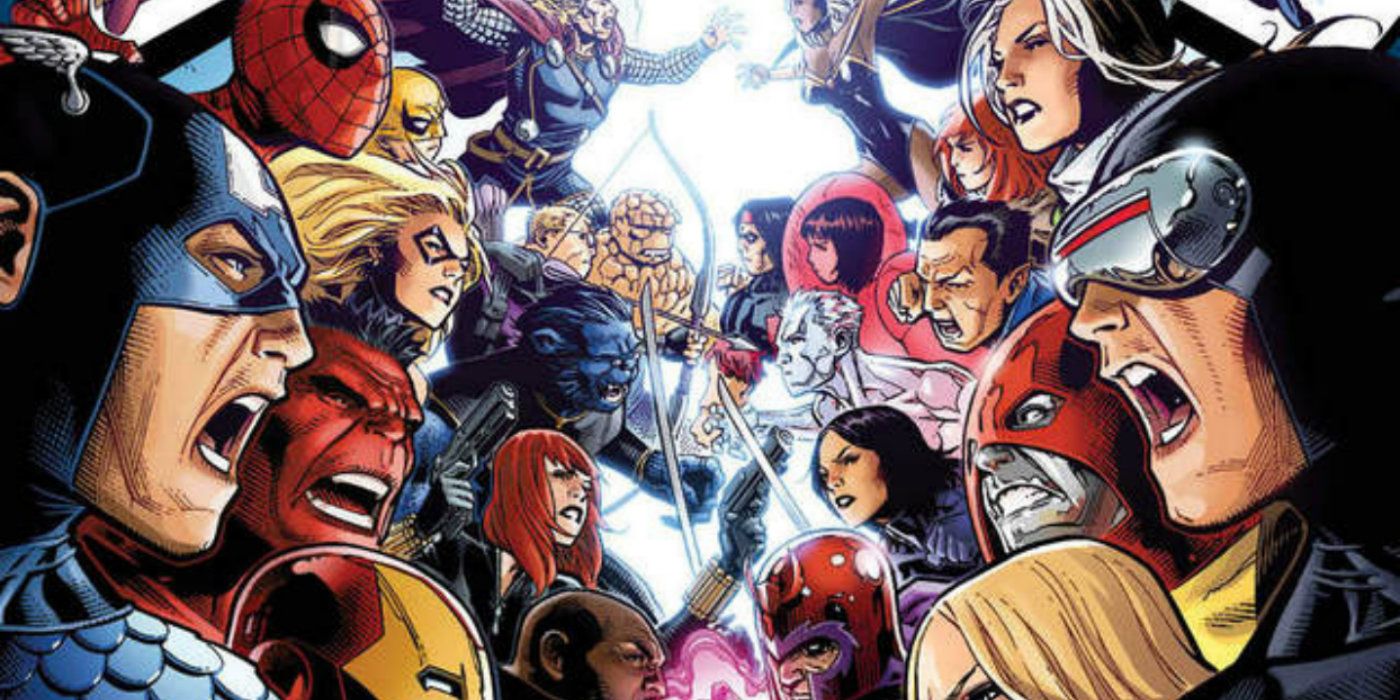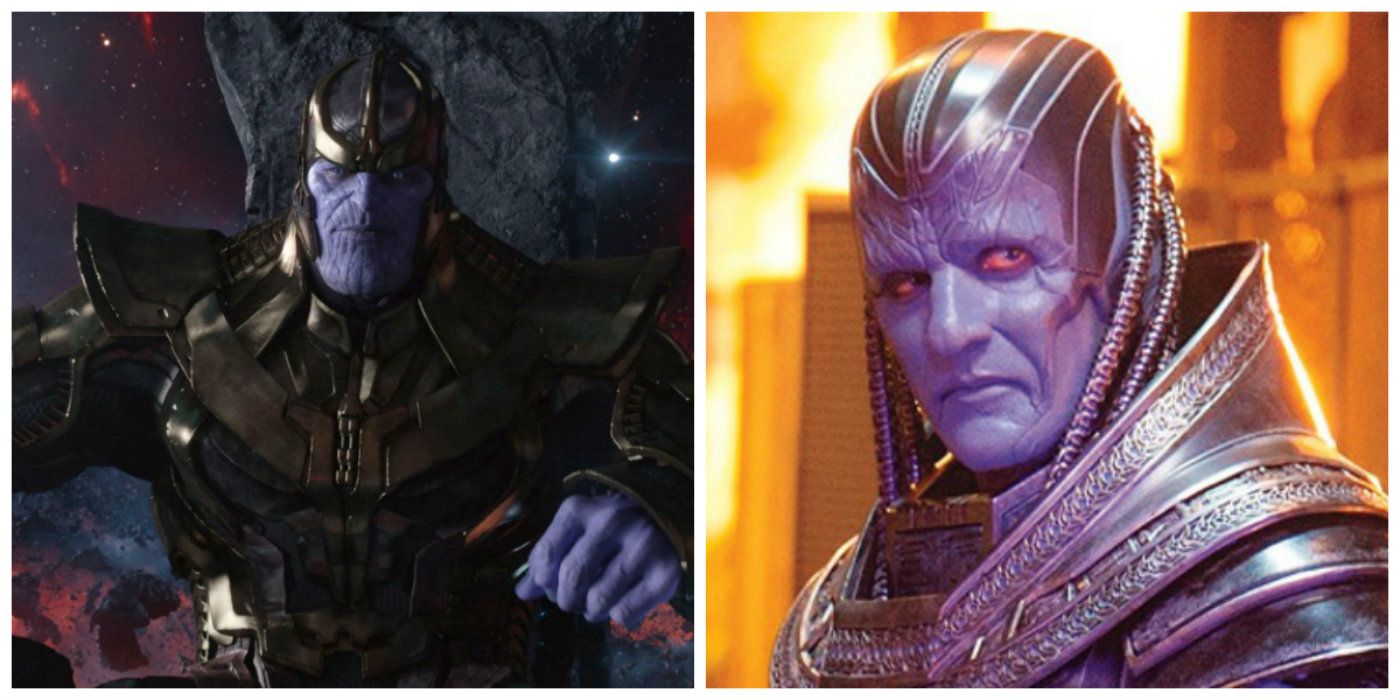When Marvel as a company was struggling in the '90s, it signed away the movie rights to some of its biggest properties in order to make some extra cash. Those properties included Spider-Man, the Fantastic Four, the Incredible Hulk, and the X-Men, all of which eventually made their way to the big screen.
When Marvel began to bounce back and was eventually acquired by Disney, it wanted to start making its own movies. The only problem was that the studio couldn't make movies based on the characters and series they already gave up. And even as Marvel has slowly been able to work out deals to bring Spider-Man and Hulk back into their fold, Fox still has the sole movie rights for both the Fantastic Four and the X-Men.
Given the other characters that have joined the MCU after being with other studios, a lot of Marvel fans have been hoping that the X-Men can finally "come home" to Marvel and take their rightful place within the MCU. However, we would argue that it wouldn't be in the best interest of the X-Men as a cinematic property to merge with the MCU.
This list isn't out to claim the X-Men movies are superior to the MCU-- we already did that -- but instead, simply give reasons as to why it's better that the two cinematic universes remain separate.
Here are 15 Reasons Why X-Men Is Better Off NOT In The MCU.
They can be more violent & mature
One of the things that the Disney buyout helped to cement for the MCU is that the movies would all be relatively family-friendly. To be clear, there is absolutely nothing wrong with comic book movies being kid-friendly, as comic books have traditionally been an all-ages medium that, for many years, were rather specifically aimed at children and younger teens. It's also nice for adults who grew up reading Iron Man and Captain America comics to have movies they can now enjoy with their kids.
All that said, a lot of comic books are aimed at adults and have content that is too graphic and mature to be contained within a PG-13 rating. Fortunately, the X-Men movies currently have the option to go fully R-rated, and it's unlikely that Deadpool would be allowed to drop F-bombs and Wolverine would be allowed to decapitate people if they were bought of the MCU.
The mature direction the X-Men movies have taken hasn't just been for cheap thrills either, as the extremely dark and violent Logan has been one of the most critically-acclaimed comic book movies of all time and has even garnered some Best Picture Oscar buzz.
Quicksilver
Fox and Marvel butted heads over which should be able to use the sibling team of Scarlet Witch and Quicksilver. Fox lobbied that they are the offspring of Magneto and are classified as mutants-- an X-Men-specific concept-- and Marvel argued that they have traditionally been more associated with the Avengers. Ultimately, the two sides agreed to share-- and soon enough, dual Quicksilvers appeared in movie form.
The X-Men movies made great use of the character, with American Horror Story's Evan Peters portraying his brashness flawlessly-- not to mention that incredible slow-mo jailbreak scene in Days of Future Past. The MCU gave him a big role in Age of Ultron, and then... killed him. In fact, he is one of the only MCU characters to actually die so far, and Kevin Feige says there is no plan to revive him. Besides that, Aaron Taylor Johnson's version just simply wasn't as good.
So, what that in mind, X-Men joining the MCU would mean having to get rid of the better-- and only currently living-- cinematic version of Quicksilver. And no X-Man should have to die just so the team can join the MCU.
The franchise would have to be rebooted
Beginning with the 2000 X-Men movie and continuing at least through next year's Dark Phoenix and Deadpool 2, the X-Men movies have all been part of a single overall canon. That is nearly two decades of a single overarching cinematic universe, impressive by any standard but especially in the world of comic book movies-- by comparison, Spider-Man is already on his third incarnation in that same span of time.
There is little doubt that Marvel Studios would completely reboot the entire X-Men cinematic universe if the mutant team joined the MCU. For a series that has worked so hard to stay consistent, bring back most of the same actors for years and years, and even find a creative way to do a soft reboot but still tie back into in the same existing continuity, it would be a shame for that to all go away and be undone basically just on principle.
The X-Men franchise is up to ten installments with two more already in production -- an achievement rivaled only by the MCU itself-- and that astonishing run should keep going for as long as it's still working, critically and commercially.
MCU would devalue Logan
If you're reading this list than you've likely already seen Logan, but we'll still tread a bit lightly and just say that the "modern-day" versions of both Wolverine and Charles Xavier bid their farewells to the X-Men franchise in that film. It was a powerful end for both characters, and brought them the type of definitive, creatively satisfying closure rarely afforded to comic book movie heroes. More importantly, actors Hugh Jackman and Patrick Stewart brought their time playing the epic characters to a close after an amazing 17-year run.
Fortunately, the way the X-Men franchise has refocused itself towards the past has allowed for the younger version of Charles Xavier, at least, to believably live on through another actor. Things will be tougher with Jackman, as he has played Logan/Wolverine in all notable appearances of the character.
Still, both actors brought their characters full circle and gave them powerful endings that deserve some time to stick. We all know that the very moment the X-Men join the MCU, we'd immediately see present-day Wolverine and Professor X return, recast-- and when that happens, the gravity of the events of Logan will cease to mean anything.
Time travel
Other than the first Captain America movie, the MCU films largely take place in the "present" of the movies' overall timeline. Once the basic timeline was established, the majority of MCU movies have continually moved forward chronologically, with each one taking place in the order that the films are released.
With X-Men: First Class, the X-Men series rewound things back to the 1960s, when the mutant team first came together. Rather than being a one-off flashback film or a complete reboot, the next follow-up movie brilliantly served as both a sequel to First Class and a sequel to X-Men: The Last Stand, bringing the two seemingly separate X-Men timelines together and proving that the X-Men movies were still part of one single canon. X-Men: Apocalypse then continued on from there. Then Logan was released a year later, set at some point in a future 12 years from now.
Having the freedom to jump all around in the X-Men movie timeline has meant a lot of creative freedom that the MCU doesn't have in its ever-forward march. To lose that would change X-Men for the worse.
The X-Men and the MCU use the same actors
The bigger the MCU cast gets, the fewer the available actors to play parts in it. That's not to say that the world is going to run out of actors anytime soon, but there is a certain permanence to someone taking a part in the MCU that robs them of the chance to play another comic book character.
Unless they move over to the X-Men series, that is. Because the X-Men series and the MCU are separate, an actor like Josh Brolin can play both Cable and Thanos-- and so far, he seems like a great choice for both characters. Brolin shouldn't have had to choose one or the other to play, nor should Chris Evans have lost the opportunity to play Steve Rogers just because he was already Johnny Storm.
As long as the X-Men series and the MCU don't come together, actors will have the chance to play multiple parts in comic book movies-- which is a win both for the actors themselves, and the fans who deserve to see the best possible actor for a role despite who they've already played.
More space for X-Men characters
Comic book movies as a whole tend to struggle with how to have large teams of characters properly represented in movies without feeling too crowded. Certainly, both the X-Men series and the MCU have had problems with this, from the infamously overstuffed X-Men: The Last Stand to any Avenger that isn't Iron Man, Cap, Thor, Hulk, or Black Widow largely being relegated to the background of most MCU movies.
The X-Men movies are also just as guilty as the MCU of continually bringing stories back around to a core handful of characters, but they also do a better job of letting secondary characters shine a bit more and letting a bigger variety of characters take turns in the spotlight.
There have been far more X-Men represented in movies than Avengers characters, even though both have a cast of dozens to draw from. Joining the already-crowded MCU would likely mean that most of those secondary X-Men characters would get phased out, and we'd only have the four or five most popular X-Men having any real presence.
X-Men would play second fiddle to Avengers
Not only would many of the more niche X-Men characters simply vanish from movie screens if the team joined the MCU, but the X-Men as a whole won't be the stars of the show anytime soon. While it makes perfect sense that the MCU was built around the Avengers up to this point, the fact remains that things have already been set in motion for them to continue being at the center of everything in the MCU for the foreseeable future.
If the X-Men were to join the MCU in the next few years, they'd have to be squeezed into the existing chain of events-- much in the way Spider-Man was-- and wouldn't be as prominent as they deserve to be.
Once the "Avengers phase" of the MCU is complete, maybe the X-Men could take over and become the glue that holds the MCU together-- but that's a big "what if" and a lot of thinking years and years into the future. We'll cross that bridge when we get to it, but for now, the X-Men would definitely have to settle for being the B-team of the MCU and they don't deserve that.
Separate, self-contained stories for the average viewer
While it has taken some detours, the MCU has largely been focused on a single overarching plot. As it has progressed, it has become increasingly more difficult to jump on board without going back and watching at least some of the movies that came before it.
It's not only daunting for the casual moviegoer, but now has begun to wear on even the more rabid fans as MCU movies start to feel more like 2-hour episodes in a decade-long TV show than a series of films. It's hard to maintain that much excitement about a story that takes that long to reach its true climax.
By contrast, the X-Men movies are largely self-contained. While they've generally been divided up into individual trilogies, just about every movie can be enjoyed on its own so long as the viewer brings at least a passing knowledge of the characters. And having things separated into trilogies-- actual trilogies, unlike MCU ones-- means more focused (and more comic-related) stories that have actual beginnings, middles, and endings, and aren't just constantly building to some major event that always feels years away.
Scrappier alternative to MCU
Even fans of the X-Men movies have to admit that there are times when the films just don't quite measure up to the MCU, or other big-budget Hollywood blockbusters. While there is no shortage of expensive-looking setpieces and effects in the X-Men films and they certainly are no slouch in that department, they definitely lack the polish of most MCU movies. But that's not a bad thing.
Comic books aren't immaculate. Every frame of every page isn't some flawless piece of art, and some artists are better than others. Especially during the X-Men's '90s heyday, a variety of artists drew the team's comics with wildly varying results. That's part of the charm of comic books; being drawn by human hands and being inherently rough-around-the-edges as a result.
When an effect in an X-Men movie looks a little off, or someone's outfit or hair style doesn't seem quite right, or a bit of acting either falls flat or goes way too over the top, it just adds to that ramshackle charm and its faithfulness to the spirit of the source material.
X-Men spin-offs are actually spin-offs
Most of the supposed "standalone" character movie series in the MCU have really just been prequels and half-sequels to the main Avengers franchise. Captain America: Civil War, for instance, was essentially Avengers 3. And now that the Avengers series is well underway, even subsequent origin movies have also featured prominent roles by established Avengers, meaning the characters very seldom truly get their "own" movie.
By contrast, X-Men spin-off movies tend to actually focus on their titular character and tell a story specific to them that expands on the character and justifies its existence as a separate movie. When other X-Men are included in a spin-off movie, they are often new characters who haven't been introduced in a movie yet, with only the occasional appearance by an already-established X-Men movie character.
Moreover, X-Men spin-off movies-- unlike non-Avengers MCU movies-- don't exist solely to introduce characters to bring into the main series. Deadpool didn't immediately join the main X-Men cast just because he got to be in a couple of side movies.
A franchise should still ultimately be about the "main" team, but characters should also get to exist on their own a bit, too-- which rarely happens in the MCU.
They won't have to suddenly start being more "fun"
There's one thing we have to give to MCU movies: they are a whole lot of fun. One of the primary reasons that the MCU has had such mainstream appeal is that the movies are all fun superhero romps full of charming characters, snappy dialogue, and exciting setpieces. If the X-Men movies were part of the MCU, they'd probably become all of those things as well-- and would completely lose their identity in the process.
The X-Men movies have never been afraid to be a bit darker, even going back to the first movie-- which had a much more serious tone than its main contemporary, 2002's Spider-Man. That tradition stuck around, with the series always being confident enough in itself to not try and stick in jokes to lighten the mood, and not always have rah-rah happy endings.
The MCU would likely never be brave enough to attempt a movie like Logan, or even X-Men: Apocalypse-- despite having similar power and levels of evil, MCU's Thanos still smirks and cracks jokes as he's committing genocide. Apocalypse lacks a sense of humor, as he should.
X-Men is free to have "do-overs"
The MCU prides itself on continuity and having complete consistency of all of its characters and events. That's kind of the MCU's thing. And while the X-Men movie franchise has stuck to a basic overall continuity since its inception, it also hasn't been afraid of messing with the canon at various points.
X-Men: The Last Stand was a mess for a lot of reasons, but one of the biggest was that it ended in such a way that impeded more X-Men movies. But Fox didn't want to completely abandon what it had established by doing a hard reboot, so in Days of Future Past, it took the theme of time travel as an excuse to undo the damage that Last Stand did and revive characters that had been killed.
Another thing that Last Stand botched was the Dark Phoenix Saga, but rather than just accepting that they took a crack at it and failed and now it's done, that celebrated story is being given a second chance with its own upcoming dedicated movie (and possible trilogy).
The MCU would never have let a story be retold, even though sometimes it's necessary.
The X-Men and the Avengers are separate in the comics for a reason
While the X-Men and the Avengers have certainly interacted a fair amount in the comics-- including a high-profile crossover back in 2012-- the two properties have largely remained separate from each other, so much so that acknowledging that they even exist in the same universe presents all sorts of continuity problems.
For one, the X-Men universe is built entirely around humankind's mistrust of mutants, but in the world of the Avengers, the heroes are generally celebrated and don't have to hide, despite having so many superpowered members. On the flipside, how could the X-Men not have come up at all or played a major role during Civil War, which was about regulating superhumans-- something that humans had supposedly been doing all along in the X-Men universe?
The comic book X-Men and Avengers simply take place in different types of worlds that aren't especially compatible, and other than major crossovers and other such stunts, largely keep to their own universes. It doesn't make sense for them to regularly co-exist in the comics, and it would be no different in movie form.
It's always good to have competition
If nothing else, the X-Men shouldn't join the Marvel Cinematic Universe because the rivalry drives both sides to be better. Competition breeds creativity, and if the MCU was the only player in town, the people behind it wouldn't feel the need to try as hard to stay at the top of their game. And while its most obvious rival is the DC Extended Universe, the MCU also has to prove that it's the better representative of Marvel Comics on the big screen than the X-Men movies.
In fact, it could be argued that the continued commercial success of the X-Men movie franchise is an even bigger creative threat to the MCU than DC movies are. Many comic book fans chose their side in the Marvel vs. DC battle years ago, and have likely continued to be cheerleaders for their chosen side as the battle went Hollywood.
But when it comes to X-Men vs. the MCU, existing Marvel fans are much more likely to be swing voters and will favor which series is making the better movies. So the battle for Marvel's fans will only ensure that both Marvel Studios and Fox continue to give it their all.
---
Would you want to see the X-Men in the MCU? Let us know in the comments!

